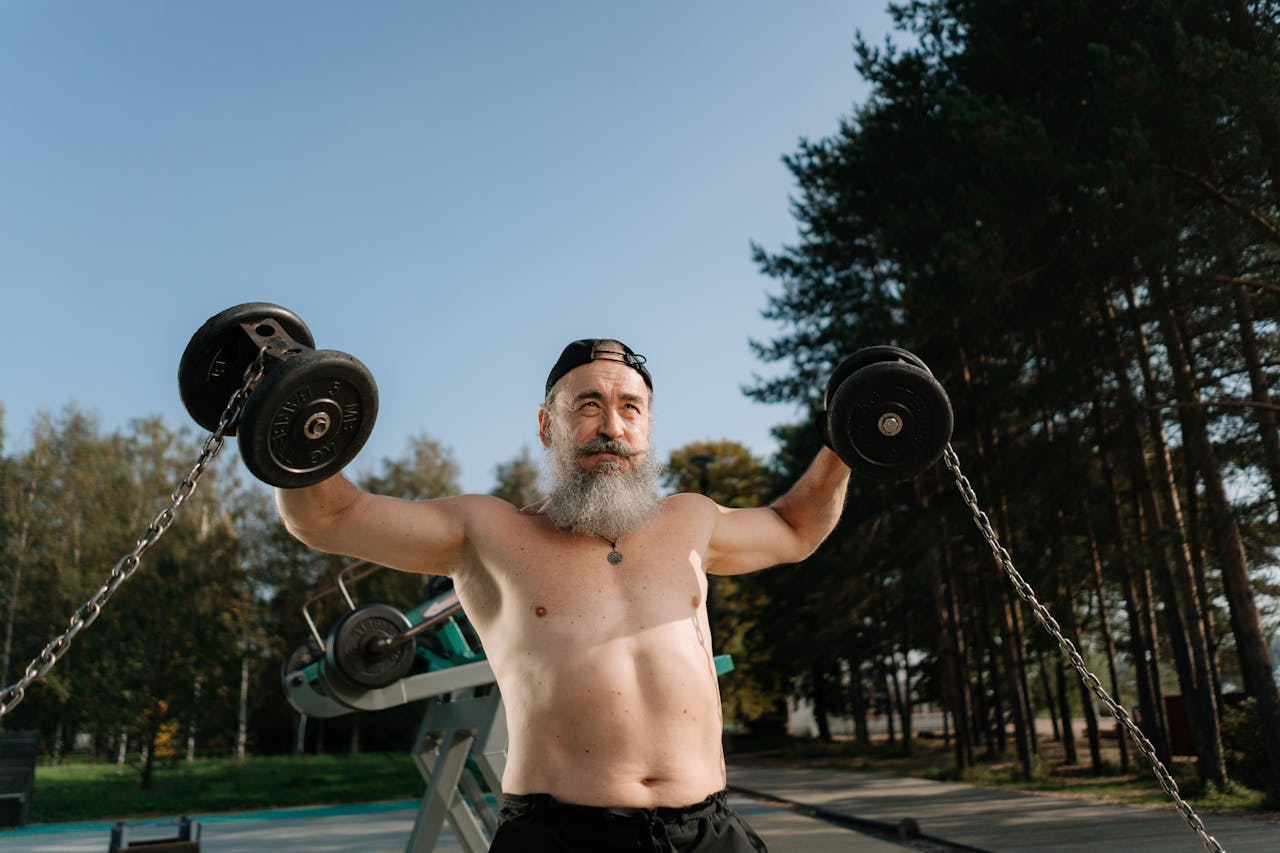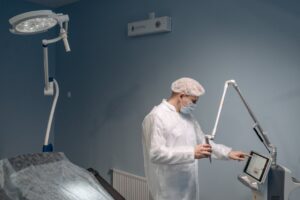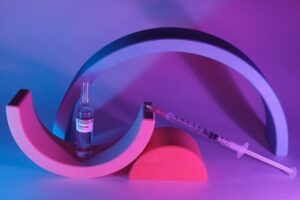The Groundbreaking Discovery
In a shocking revelation by scientists at the Global Health Institute (2025 report), researchers have found strong evidence that lack of physical activity accelerates biological aging in adults. The study followed more than 5,000 participants for eight years, analyzing how their activity levels influenced DNA and cell repair. The results were clear — people who spent most of their day sitting showed signs of aging up to 10 years faster than those who exercised regularly.
The Science Behind the Findings
Our cells contain structures called telomeres — protective caps at the ends of chromosomes that shorten naturally as we age. Physical inactivity was found to speed up this shortening process, leading to faster cell damage and weaker immunity. In contrast, even moderate activity such as 30 minutes of brisk walking daily slowed the telomere decline significantly.
What Experts Say
Dr. Amelia Torres, a leading fitness researcher, commented: “We now know that movement is not just about fitness — it’s about longevity. The body literally ages slower when it stays active.” She also emphasized that small daily changes — taking stairs, stretching, or short walks — can have lifelong benefits.
Impact on Global Health Guidelines
Following this discovery, several countries are expected to update their national fitness recommendations. Governments in Europe and Asia are already promoting “Move Every Hour” campaigns in offices and schools to encourage regular movement and fight sedentary lifestyles.
The Real-World Effect
For working adults, this research is a wake-up call. Sitting for 8–10 hours in front of screens can silently damage overall health, even if one visits the gym occasionally. Experts recommend breaking sitting time every 45 minutes with brief movements or stretches.
Conclusion
This discovery has reshaped the understanding of fitness in modern life. Exercise is no longer optional — it’s a biological necessity. Staying active not only keeps muscles strong but also protects the body at the cellular level, delaying the signs of aging and keeping people healthier for longer.






